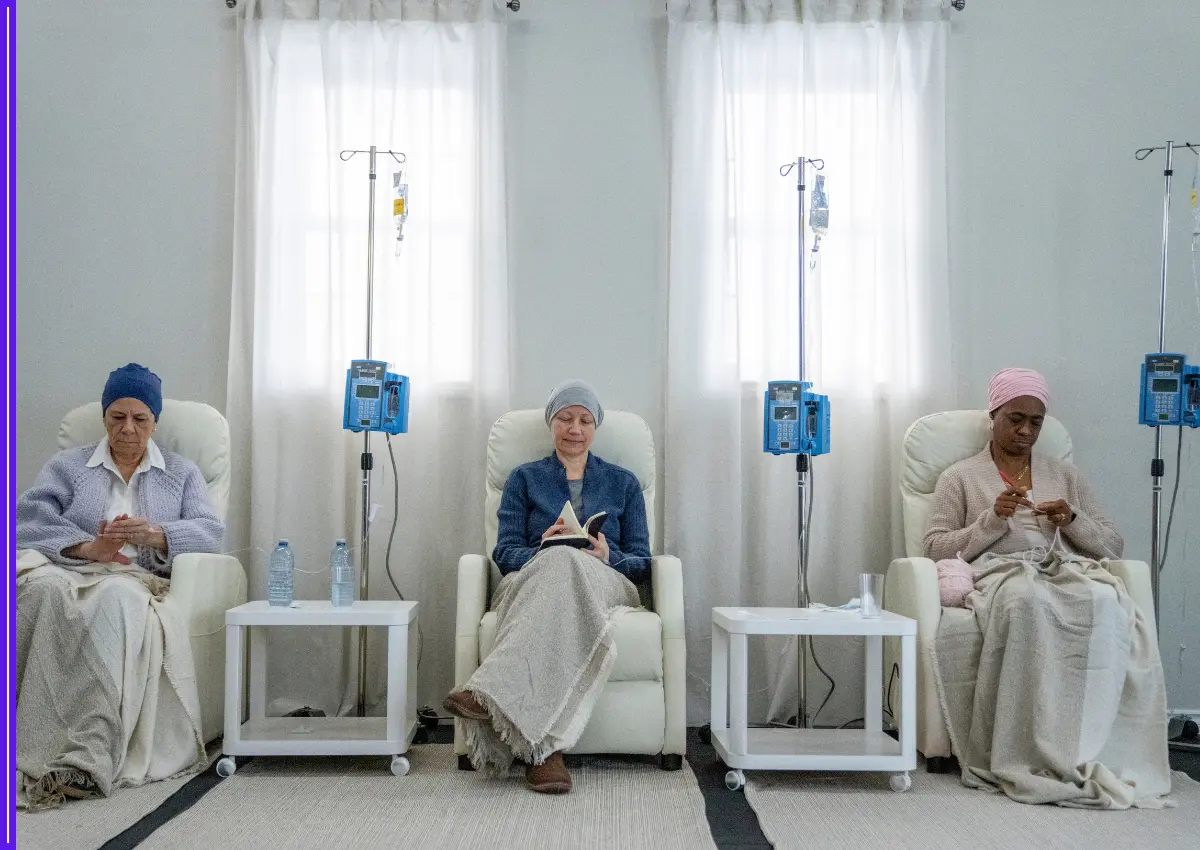Patna, Bihar – In a shocking case of malicious matrimony, a 24-year-old Patna woman was arrested this week for orchestrating the cold-blooded murder of her hapless husband. The culprit? None other than his blushing bride of 3 years, Neha Kumari.
In a plot ripped straight from a pulp crime novel, Neha conspired with her lover, Rajan Kumar, to put a gruesome end to her arranged union. She hired a gunman for the modest sum of 1 lakh rupees to shoot her husband dead under the cover of darkness. On December 5th, the ambush was carried out and Neha’s husband, Pappu Kumar, was killed in cold blood.
But Neha’s in-laws smelled something rotten right away. The deceased’s sister, Sangeeta, immediately voiced suspicions about the shady circumstances surrounding his death. Her instincts proved correct, as Neha and Rajan’s murderous scheme soon unraveled.
On Monday, justice was served when the backstabbing bride was arrested and charged for her central role in her husband’s premeditated murder.
Neha’s shocking betrayal highlights grave flaws in India’s age-old custom of arranged marriage. Unable to choose her own partner, she was unhappily bound to Pappu in a union orchestrated by others. Ultimately, her desperation to escape led her down a dark path from which there was no return.
Her case raises difficult questions about consent, agency and equality in Indian marital relations. How many more Nehas are trapped in oppressive situations they see no way out of? Society must find better solutions for those struggling under the weight of loveless marriages they never asked for.
The story also suggests a pressing need to destigmatize divorce in India’s conservative culture. Perhaps if Neha had the option to legally dissolve ties with her husband, she would not have resorted to such horrific brutality. Marriage is not a life sentence in India anymore – when it dissolves into misery, victims should be empowered walk away with dignity instead of resorting to violence.
There are lessons here for the elders and matchmakers as well – they must not force young people into unions without their consent. And women should never be treated as property that is simply transferred from one owner to another. They deserve autonomy and choice when it comes to the most important decision of their lives.
Neha’s shocking story has opened India’s eyes to the urgent need for social reform when it comes to marital customs and gender roles. While she must face consequences for her crime, society also bears responsibility to ensure better outcomes for vulnerable young brides facing bleak fates. There are countless Neha’s out there even now, facing despair under the weight of loveless arranged marriages. The time has come to empower them instead of further consigning them to darkness.
Beyond the sensational headlines, Neha and Rajan’s story reveals the deeper faults plaguing Indian society – its suffocating lack of personal autonomy, especially for women.
Like many young brides, Neha likely had little say in choosing her life partner. After finding herself trapped for years in a miserable marriage, her agency stripped away, she grasped desperately for freedom through the only route she could see – murder.
Her lover Rajan exploited her vulnerability, instead of encouraging her to seek legal options. That he could so callously manipulate her despair for his own ends signifies disturbing attitudes among Indian men about controlling ‘their’ women.
The practice of arranged child marriages like Neha’s must end if women are to ever exercise their right to choice. More education around consent and legal rights would also empower young brides instead of stranding them in captivity.
There should be open communication between husbands and wives to voice grievances, instead of festering silently in resentment. Had Neha felt able to candidly share her unhappiness with Pappu, perhaps she would have asked for mutual separation instead of his annihilation.
India must also work to eliminate the taboo around divorce so victims of failed marriages can walk away with dignity instead of becoming desperate killers. The assumption that wives are properties to permanently possess encourages sick mindsets that drive frightened women into unconscionable acts.
Finally, Indian society needs to evolve its view of women as autonomous individuals instead of voiceless pawns passed from one custodian to another their whole lives. Neha should have had the right to choose her own partner, career and destiny without chains consigning her fate to the whims of others.







